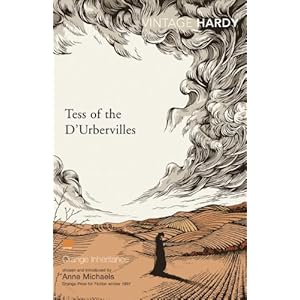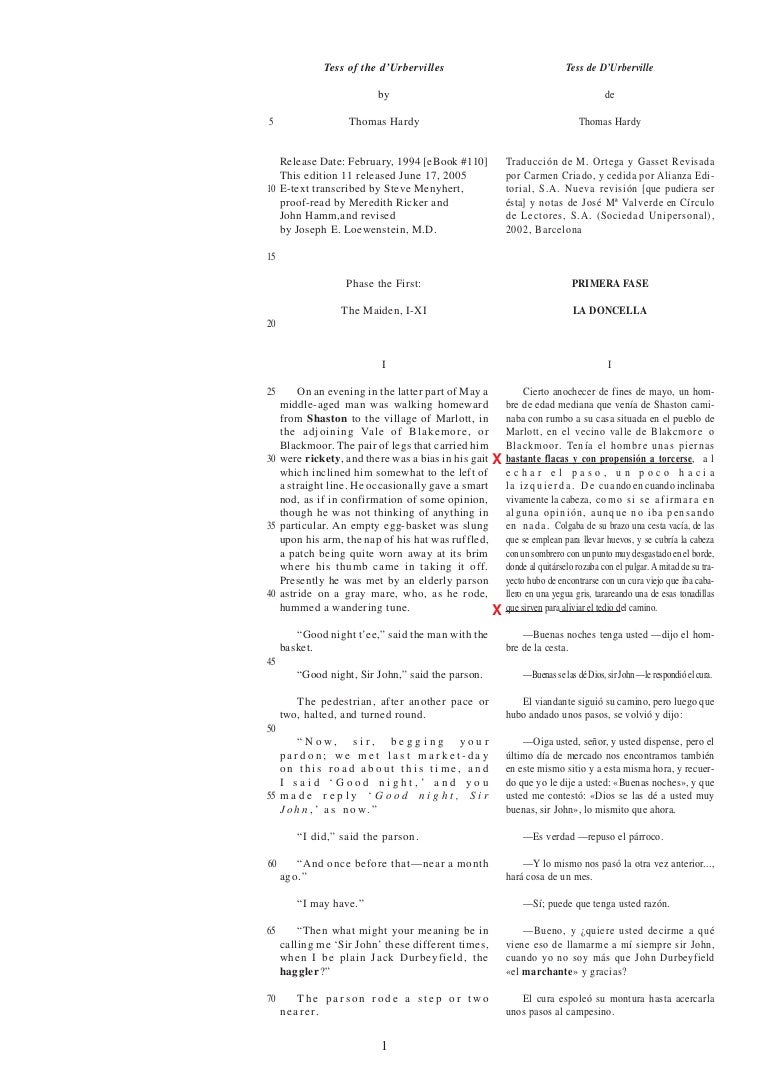

Hardy fans will not be surprised that the plot takes an immediate downward swerve. Doom haunts the characters from the beginning. When I reread Tess of the d’Urbervilles this weekend, I was struck by the lyricism, the realism, and the sheer exhaustion of Tess’s struggles. A few years ago a writer at Book Riot said she hated Tess of the D’urbervilles and wanted to tell Tess to “grow a pair.” I think you will agree with me that Dickey’s designation of Hardy as “our grandfather’s writer” was much sharper and more descriptive. But I fear that modern readers do not, as a rule, take to Hardy.

His graceful style is spare and poetic, exceedingly modern at times. He balances considerations of social mores, class, poverty, education, and the nature of love with everyday scenes of life in the setting of his imaginary Wessex area. Hardy’s books are serious, usually tragic, but they also crackle with witty dialogue and comic scenes. Certainly, he struggled against the censorship of critics and many editors, who were severe about his “immoral” descriptions of sex, sexual harassment, rape, and unhappy marriages in the 19th century.

Hardy is out of style: perhaps he was always out of style. I have encountered many people with similar opinions of Thomas Hardy. My mind was blank and I blurted: “Thomas Hardy.” The Wrong Answer bell immediately chimed on Dickey’s Favorite Writer Quiz Show as he said, “He was our grandfather’s writer.” During our desultory conversation, he asked if he could come to my house (“No”) he also asked who my favorite writer was. She had entrusted him to my care while she took a 15-minute break. When I briefly met Dickey some years back, he was plotting his escape from a PR woman. The Southern poet James Dickey found him old-fashioned.


 0 kommentar(er)
0 kommentar(er)
